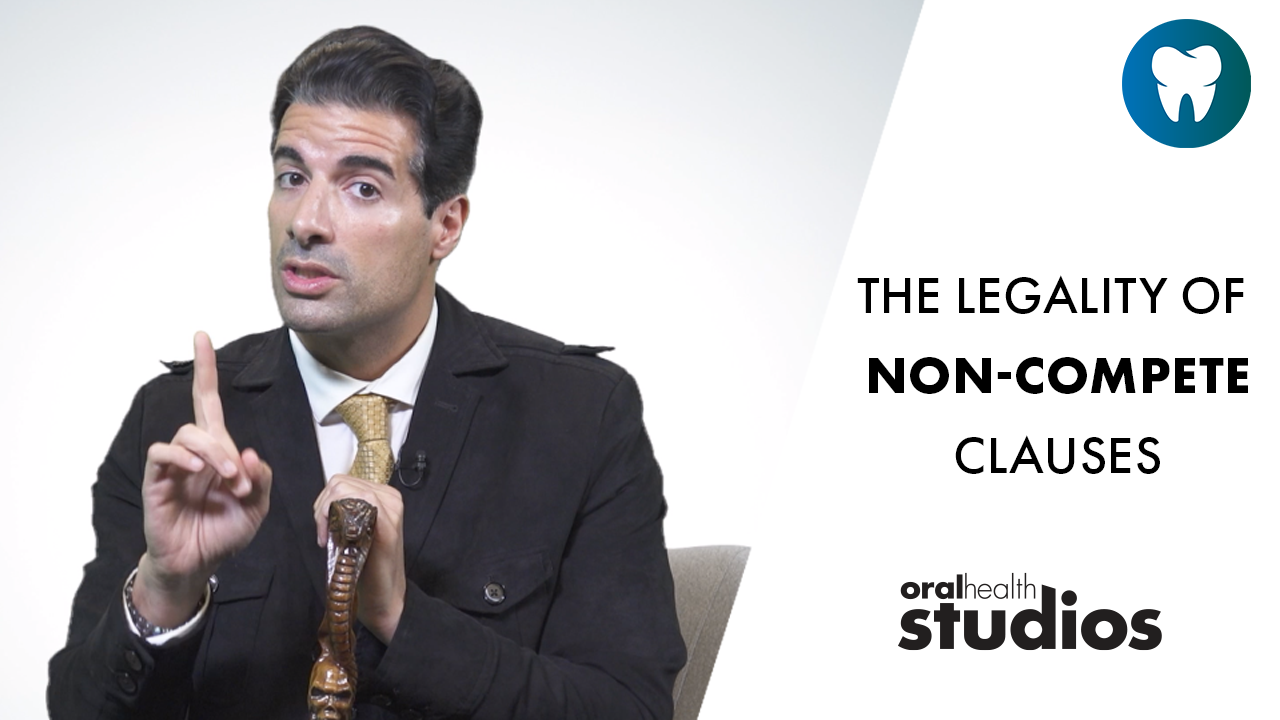
Managing costs is a perpetual challenge for independent hygienists running a busy practice. Every penny counts, especially when it comes to your dental office lease. Here are five strategic tips for minimizing expenses and safeguarding against financial pitfalls.
Negotiate Rental Escalations Wiseley
Your “Annual Base Rent” is the amount that you agree (or agreed) to pay your landlord for occupying the dental office space. As a dental hygienist, it’s crucial to secure favorable rental terms to ensure your practice remains financially viable. Negotiate a cap on annual rental escalations with your landlord to prevent sudden spikes in expenses that could strain your budget over time.
Conduct Thorough Market Research
Do your due diligence to research rental rates for buildings in the neighborhood of your practice, and try to find out what the landlord is asking for other comparable vacant spaces in the building/center. This will help you better understand whether your proposed lease rates are fair or not. We have access to commercial market real estate data such as vacancy rates and rental rates. If you’re curious about your rental rates, and how they compare to similar properties in your neighborhood, schedule a complimentary rental rate analysis with us.
SECURE OPTIONS TO RENEW
Protect your practice’s stability by negotiating an “option to renew” clause in your lease agreement. This provision grants you the flexibility to renew your lease under favorable terms, shielding you from unexpected rent hikes or the risk of displacement. Negotiating “options” into your lease is beneficial because they can protect you from rental escalations and provide you with the flexibility to stay in your space, even if the landlord has other plans for the space at the end of your term.
SCRUTINIZE OPERATING COSTS
Operating costs are the expenses related to the operation and running of the building. Dental hygienists should pay close attention to operating costs outlined in the lease agreement. Ensure transparency by including provisions for reviewing and auditing operating cost statements. Watch out for unjustifiable expenses that landlords may attempt to pass on. Here are some examples of unreasonable expenses:
- Improvements made to the property to increase its value that doesn’t affect you.
- Building repairs.
- Real estate broker commissions.
- Professional fees that are unrelated to your unit.
- Interest or principal payments on mortgages or debt costs (unless it is your debt or TIA – tenant improvement allowance).
- Common Area Maintenance (CAM) charges on vacant space in the building.
- Marketing fees that do not increase traffic to the building, and are not helping your business.
- Administration Fees – ensure you’re not overpaying in administration fees. Anything over 5% is unreasonable. Also, be aware that “administration fees” and “management fees” mean the same thing; make sure you’re not being charged twice.
“Surrending” the Space at Sale Time
Any dental professional who has built out a clinic from scratch knows firsthand that converting an empty space into a functioning practice is expensive. It is typical for hygienists to spend up to $150 dollars per square foot to build out a new office, easily amounting to hundreds of thousands of dollars. Now thinking long term, when you decide to relocate, retire, or sell the practice, the Surrender clause in your lease agreement will dictate how you are to leave the space when you exit the premises. To avoid the expensive costs related to the demolition and construction of the space, try to negotiate the wording of the “Surrender of Premises” clause in your lease to release you from the liability of having to restore the space back to its original shell condition (base building standards) when you vacate.
These are just some of the ways to lower lease costs and protect yourself from expensive traps in your office lease. However, the best way to ensure that your lease is set up with economic and risk-free terms is to have the agreement reviewed by professional Dental Office Lease Negotiators before you sign or renew it. A well-negotiated lease today can save significant expenses in the future.
About the Author

Eric Pook is the President of Cirrus Consulting Group, a commercial real estate and office lease negotiation firm for dentists which has negotiated over 13,000 leases in the past 30 years. Eric has been consulting small businesses since the late ‘90s with an emphasis on revenue creation and cost mitigation. He grew up in a medical entrepreneurial environment and continued that passion by starting or growing businesses throughout North America.









